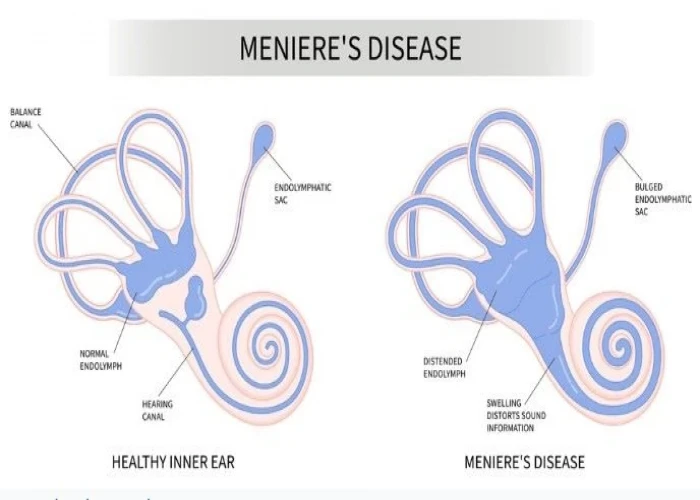 Welcome
Welcome
“May all be happy, may all be healed, may all be at peace and may no one ever suffer."
Meniere's disease

Meniere's disease is a disorder of the inner ear that affects balance and hearing. It is characterized by recurrent episodes of vertigo (a spinning sensation), tinnitus (ringing in the ears), and hearing loss. The exact cause of Meniere's disease is unknown, but it is thought to be related to fluid accumulation in the inner ear.
Symptoms of Meniere's disease may include:
- Vertigo, which can last from several minutes to several hours and may be accompanied by nausea and vomiting
- Tinnitus, which can be a constant or intermittent ringing, hissing, or buzzing sound in one or both ears
- Hearing loss, which can be temporary or permanent and may affect only one ear at first
The diagnosis of Meniere's disease is usually based on a person's medical history and symptoms, as well as hearing and balance tests. Treatment options may include medications to control symptoms, such as motion sickness drugs, diuretics to reduce fluid retention, and corticosteroids to reduce inflammation in the inner ear. Lifestyle changes such as reducing salt intake and avoiding caffeine and alcohol may also help manage symptoms.
In some cases, surgery or other procedures may be recommended to alleviate symptoms. For example, endolymphatic sac decompression surgery can be used to decrease fluid pressure in the inner ear. Vestibular rehabilitation therapy may also be recommended to help improve balance and reduce the impact of vertigo on daily life.
Research Papers
Disease Signs and Symptoms
- Dizziness (vertigo)
- Decreased hearing
- Ringing in ears (tinnitus)
- Hearing loss in Meniere's disease may come and go, particularly early on.
- Eventually, most people have some permanent hearing loss.
- Tinnitus is the perception of a ringing, buzzing, roaring, whistling or hissing sound in the ear.
- People with Meniere's disease often feel pressure in an affected ear (aural fullness).
- Changes in vision, such as seeing double or blurriness
Disease Causes
Meniere's disease
The cause of Meniere's disease is unknown. Symptoms of Meniere's disease appear to be the result of an abnormal amount of fluid (endolymph) in the inner ear, but it isn't clear what causes that to happen.
Factors that affect the fluid, which might contribute to Meniere's disease, include:
- Improper fluid drainage, perhaps because of a blockage or anatomic abnormality
- Abnormal immune response
- Viral infection
- Genetic predisposition
Because no single cause has been identified, it's likely that Meniere's disease results from a combination of factors.
Disease Prevents
Disease Treatments
No cure exists for Meniere's disease. A number of treatments can help reduce the severity and frequency of vertigo episodes. But, unfortunately, there aren't any treatments for the hearing loss.
Medications for vertigo
Your doctor may prescribe medications to take during a vertigo episode to lessen the severity of an attack:
- Motion sickness medications, such as meclizine or diazepam (Valium), may reduce the spinning sensation and help control nausea and vomiting.
- Anti-nausea medications, such as promethazine, might control nausea and vomiting during an episode of vertigo.
Long-term medication use
Your doctor may prescribe a medication to reduce fluid retention (diuretic) and suggest that you limit your salt intake. For some people, this combination helps control the severity and frequency of Meniere's disease symptoms.
Noninvasive therapies and procedures
Some people with Meniere's disease may benefit from other noninvasive therapies and procedures, such as:
- Rehabilitation. If you have balance problems between episodes of vertigo, vestibular rehabilitation therapy might improve your balance.
- Hearing aid. A hearing aid in the ear affected by Meniere's disease might improve your hearing. Your doctor can refer you to an audiologist to discuss what hearing aid options would be best for you.
- Positive pressure therapy. For vertigo that's hard to treat, this therapy involves applying pressure to the middle ear to lessen fluid buildup. A device called a Meniett pulse generator applies pulses of pressure to the ear canal through a ventilation tube. You do the treatment at home, usually three times a day for five minutes at a time.
- Positive pressure therapy has shown improvement in symptoms of vertigo, tinnitus and aural pressure in some studies, but not in others. Its long-term effectiveness hasn't been determined yet.
If the conservative treatments listed above aren't successful, your doctor might recommend some of these more-aggressive treatments.
Middle ear injections
Medications injected into the middle ear, and then absorbed into the inner ear, may improve vertigo symptoms. This treatment is done in the doctor's office. Injections available include:
- Gentamicin, an antibiotic that's toxic to your inner ear, reduces the balancing function of your ear, and your other ear assumes responsibility for balance. There is a risk, however, of further hearing loss.
- Steroids, such as dexamethasone, also may help control vertigo attacks in some people. Although dexamethasone may be slightly less effective than gentamicin, it's less likely than gentamicin to cause further hearing loss.
Surgery
If vertigo attacks associated with Meniere's disease are severe and debilitating and other treatments don't help, surgery might be an option. Procedures include:
- Endolymphatic sac procedure. The endolymphatic sac plays a role in regulating inner ear fluid levels. During the procedure, the endolymphatic sac is decompressed, which can alleviate excess fluid levels. In some cases, this procedure is coupled with the placement of a shunt, a tube that drains excess fluid from your inner ear.
- Labyrinthectomy. With this procedure, the surgeon removes the balance portion of the inner ear, thereby removing both balance and hearing function from the affected ear. This procedure is performed only if you already have near-total or total hearing loss in your affected ear.
- Vestibular nerve section. This procedure involves cutting the nerve that connects balance and movement sensors in your inner ear to the brain (vestibular nerve). This procedure usually corrects problems with vertigo while attempting to preserve hearing in the affected ear. It requires general anesthesia and an overnight hospital stay.
Disease Diagnoses
Disease Allopathic Generics
Disease Ayurvedic Generics
Disease Homeopathic Generics
Disease yoga
Meniere's disease and Learn More about Diseases
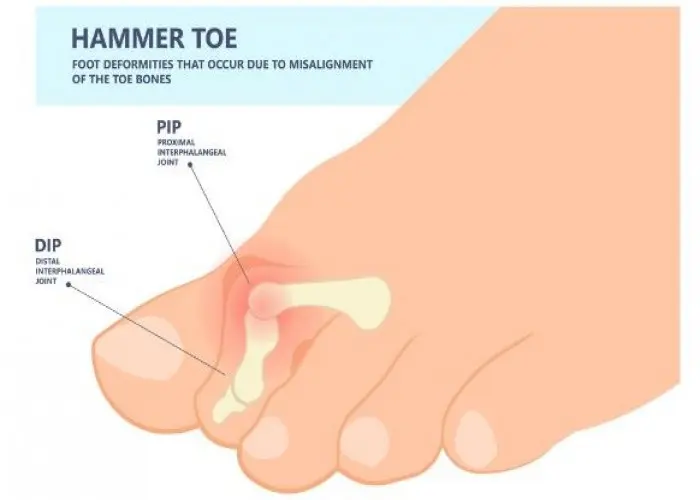
Hammertoe and mallet toe

Sexually transmitted diseases (STDs)
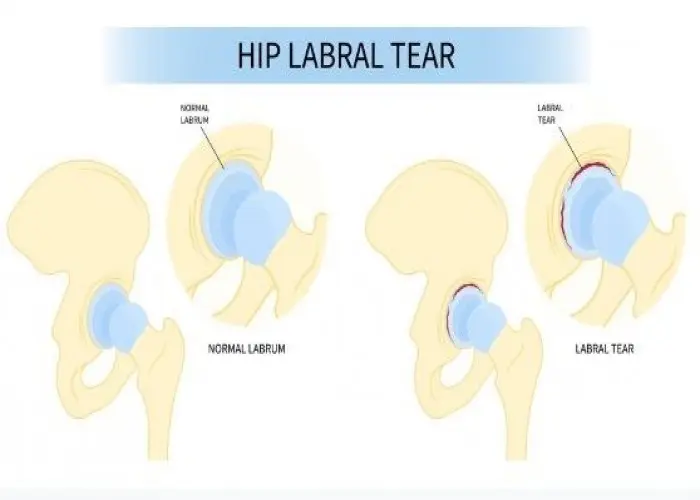
Hip labral tear
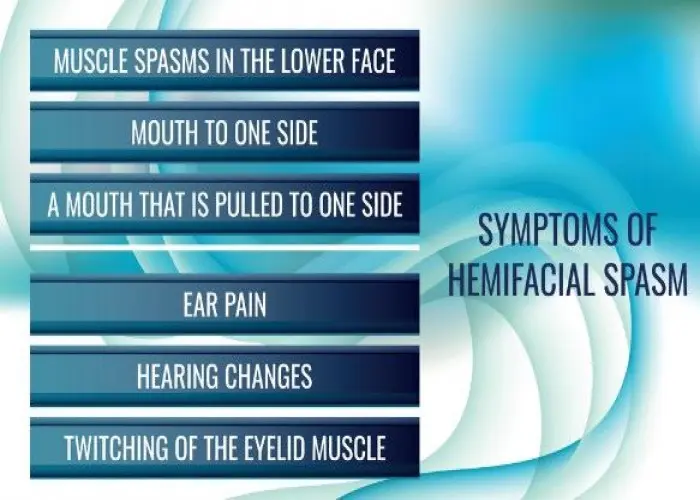
Hemifacial spasm
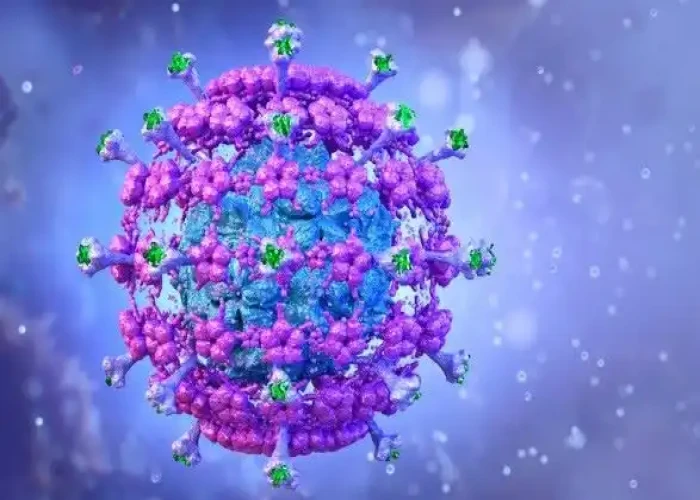
Viral gastroenteritis (stomach flu)

Albinism

Attention-deficit/hyperactivity disorder (ADHD) in children
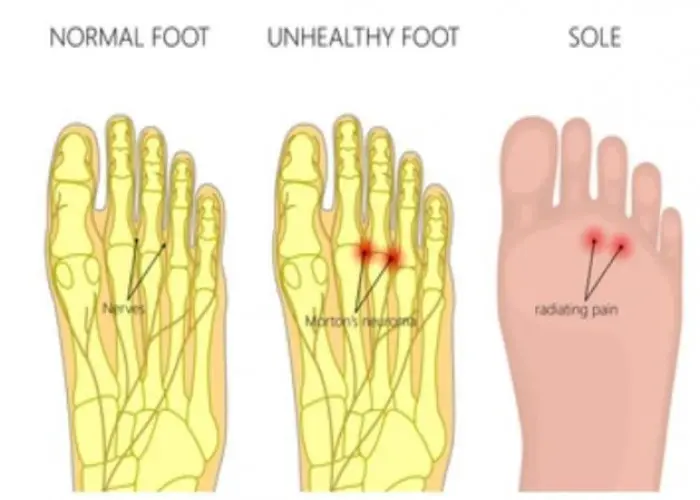
Benign peripheral nerve tumor
meniere's disease, মেনিয়ার ডিজিজ
To be happy, beautiful, healthy, wealthy, hale and long-lived stay with DM3S.
